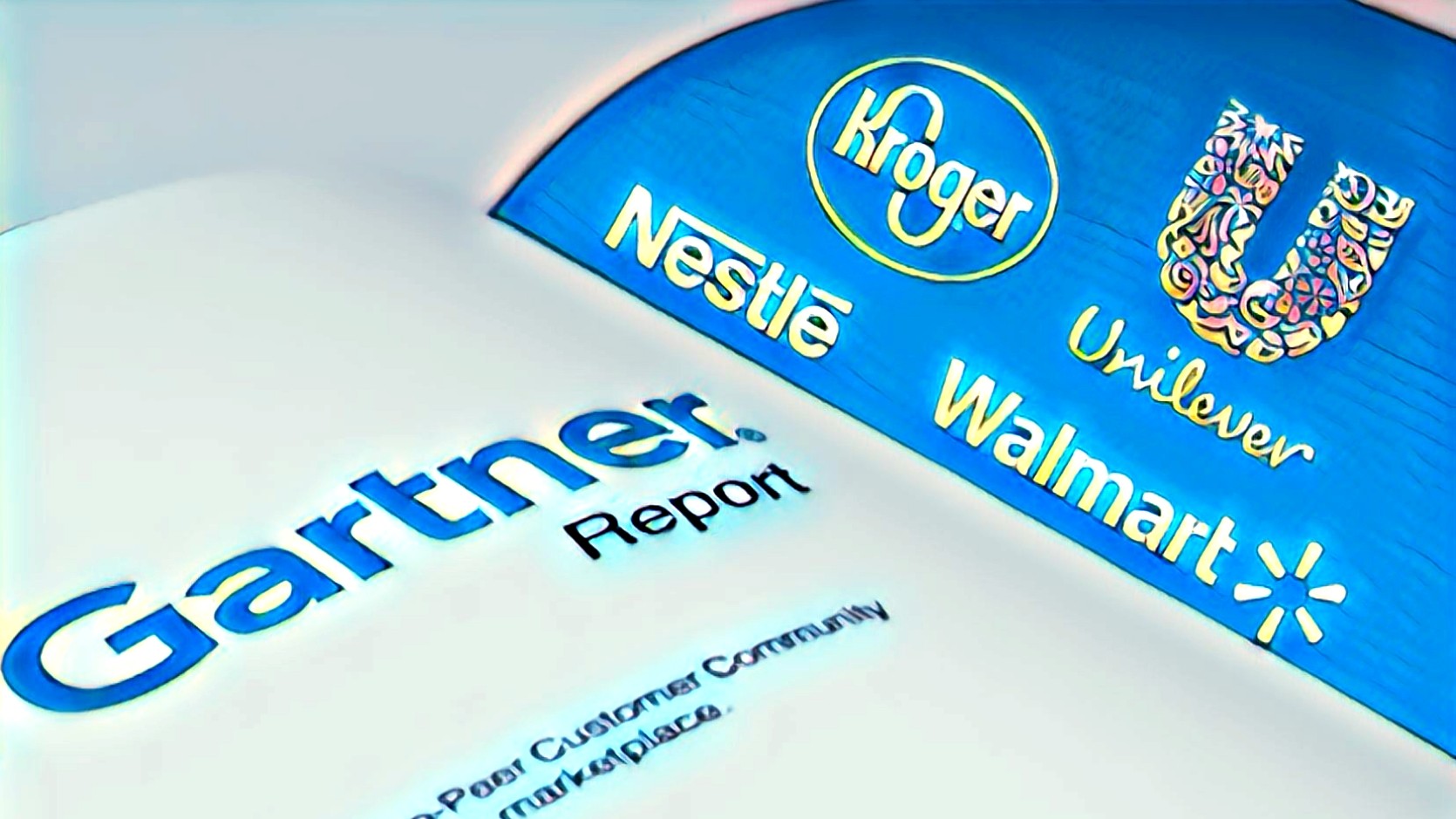The benefits blockchain technologies present are quickly being realized by enterprises across an array of industries, especially those involved with supply chain management such as grocers.
According to a new report by Gartner Inc., a leading research and advisory company, 20% of the top global grocers will be using blockchain technology to increase transparency and visibility along the food supply chain by 2025.
Blockchain Advantage for Grocers
Per the report, the main advantage of blockchain for grocers is the high degree of transparency it provides along the food supply chain. Blockchain enables grocers to convey reliable information to customers and retailers about the food’s source and freshness, as well as the provider’s efforts toward sustainability.
This, the report says, is a key quality for grocers, as it will instill trust and loyalty from consumers and ensure the grocers’ products meet certain standards.
Gartner says that grocery sales are increasing around the world and today’s consumers are more concerned about their food’s source and freshness. Therefore, grocers who can provide viable and transparent information about their products will win over consumers.
Top Grocer’s are Already Using Blockchain
Gartner named Walmart, Unilever, and Nestlé as the top grocers already using blockchain technology. Per the report, Walmart is using a farm-to-store blockchain tracking system for leafy greens, and Unilever and Nestlé are using blockchain to trace food contamination.
Joanne Joliet, senior research director at Gartner, believes grocers will be the first enterprises to bring blockchain mainstream, stating:
“As grocers are being held to higher standards of visibility and traceability they will lead the way with the development of blockchain, but we expect it will extend to all areas of retail.”
Which industry will mass adopt blockchain technology first, enterprises using supply chains or the financial sector? Let us know what you think in the comment section below.

